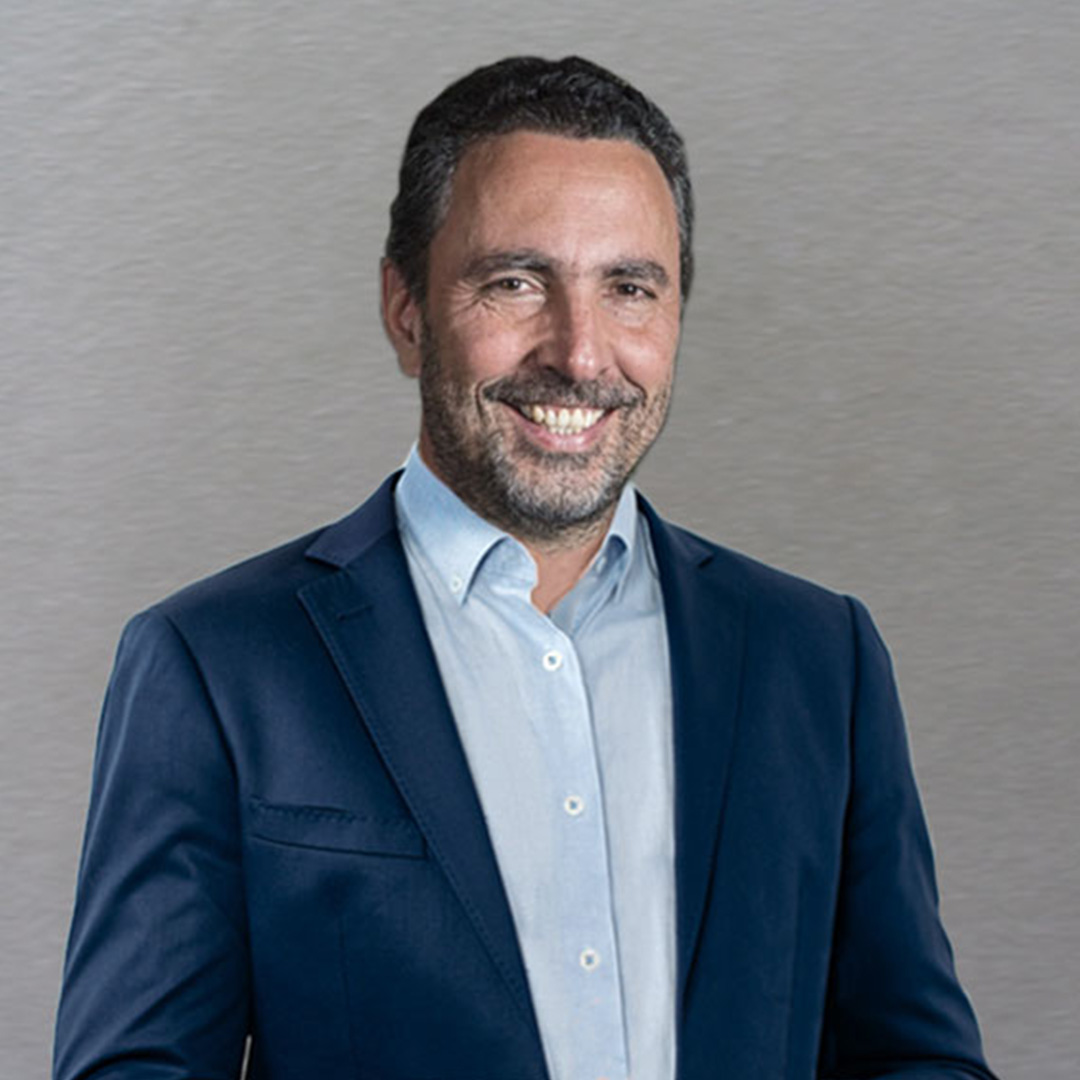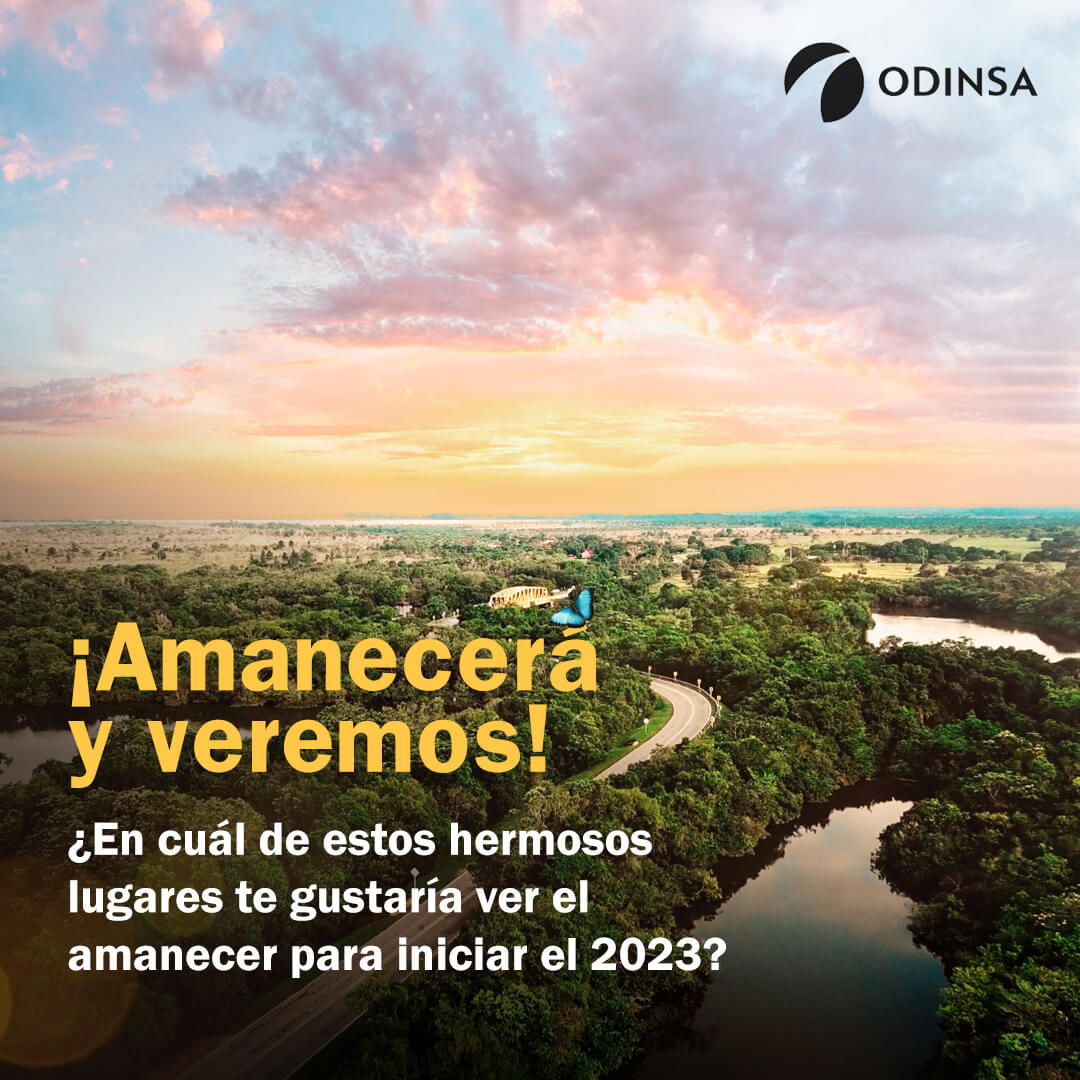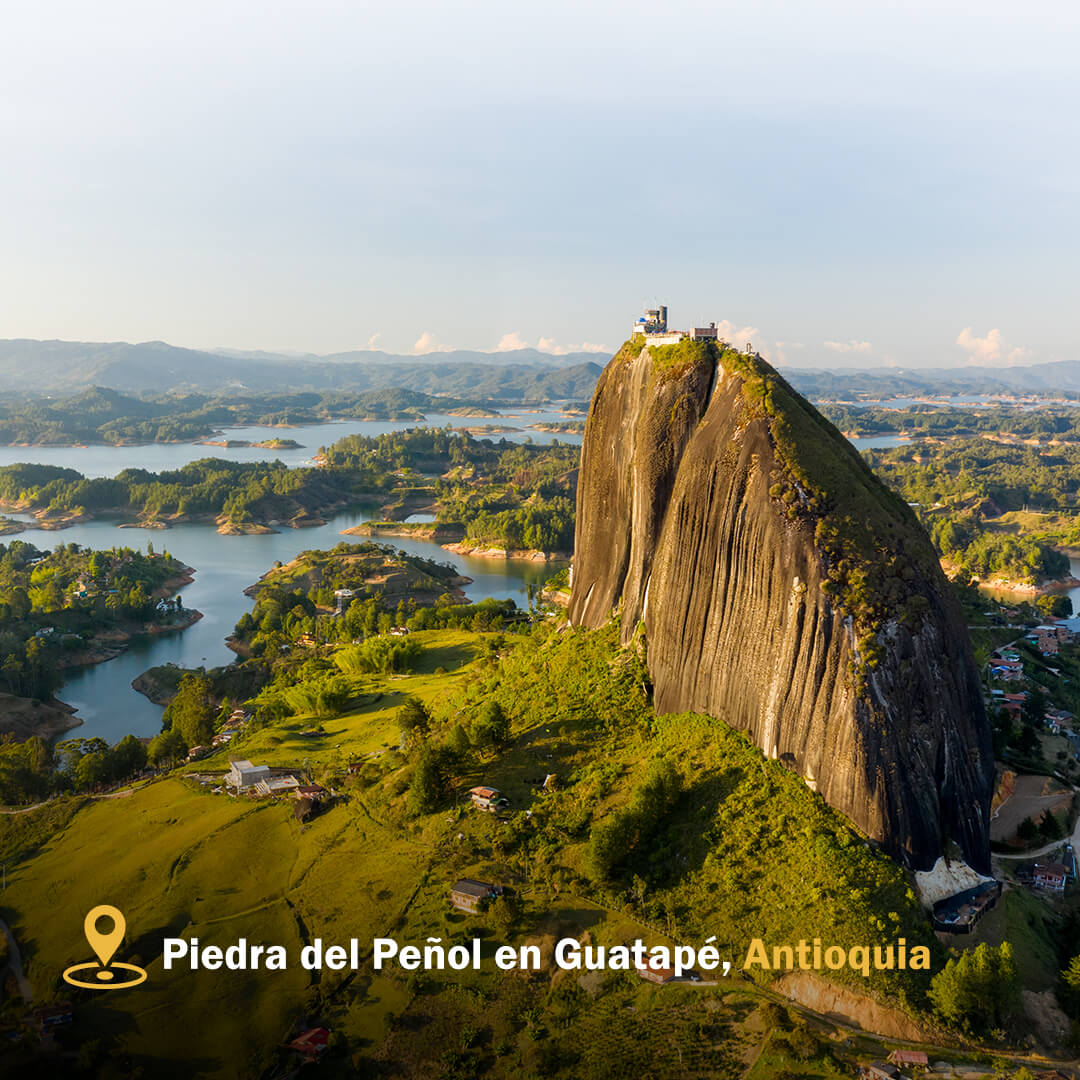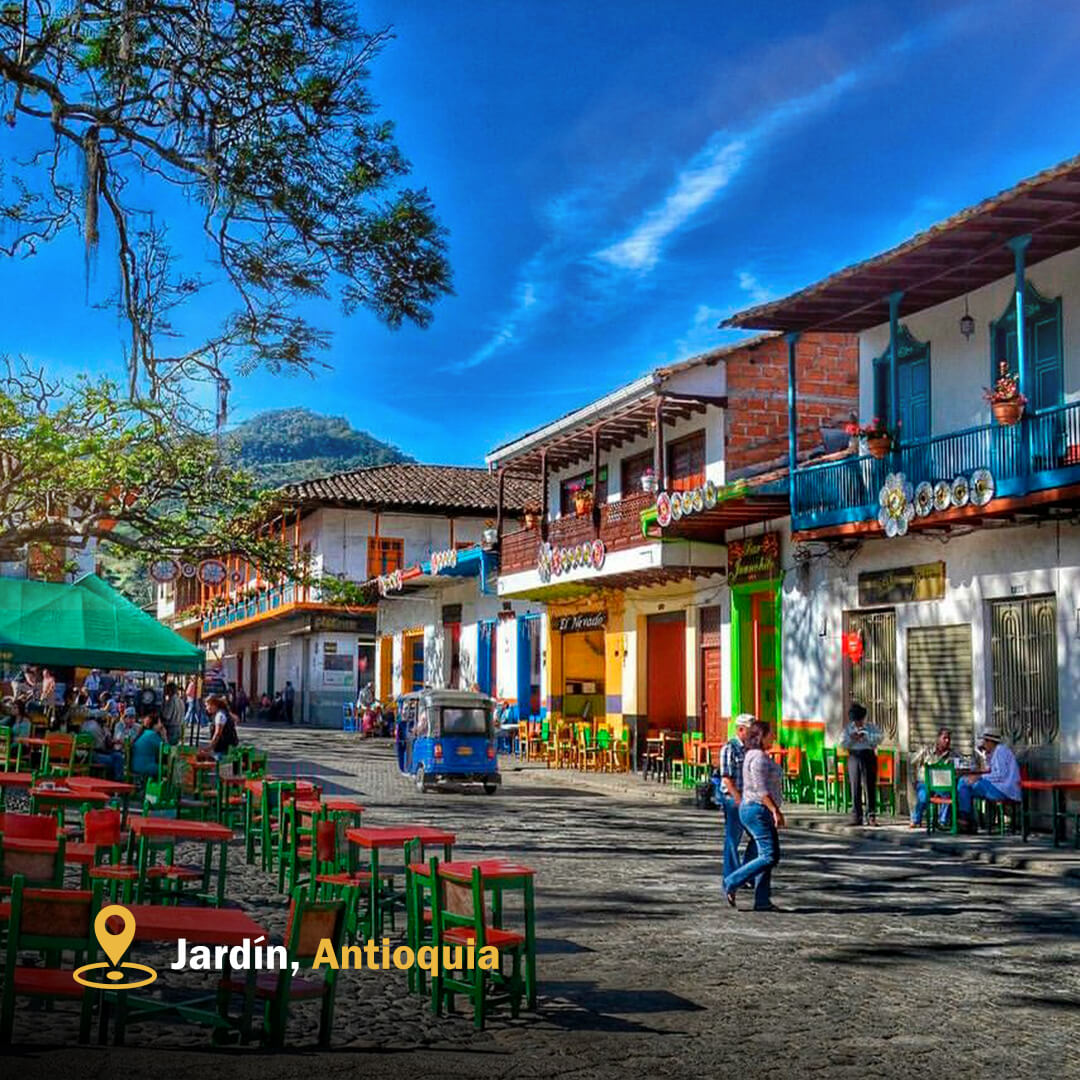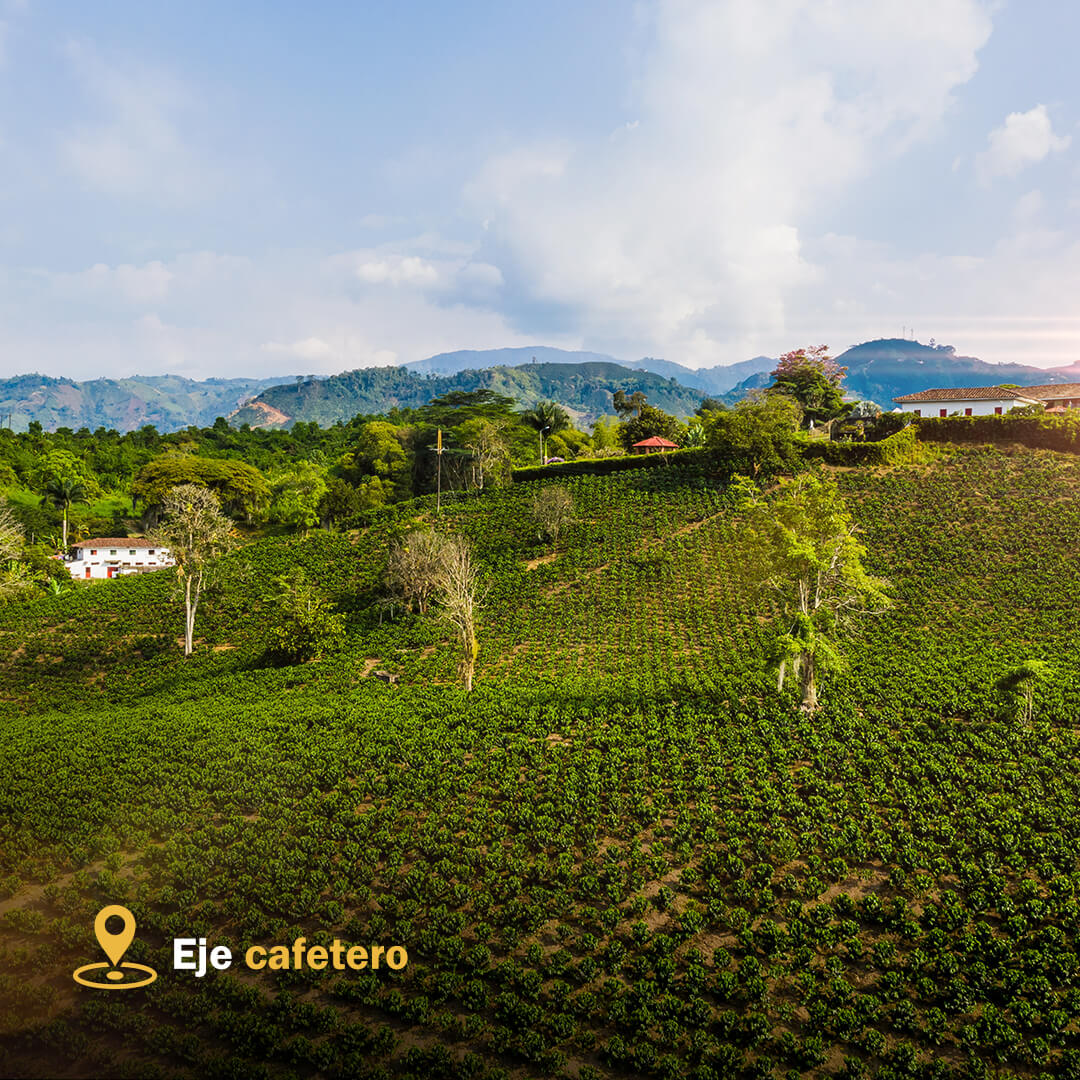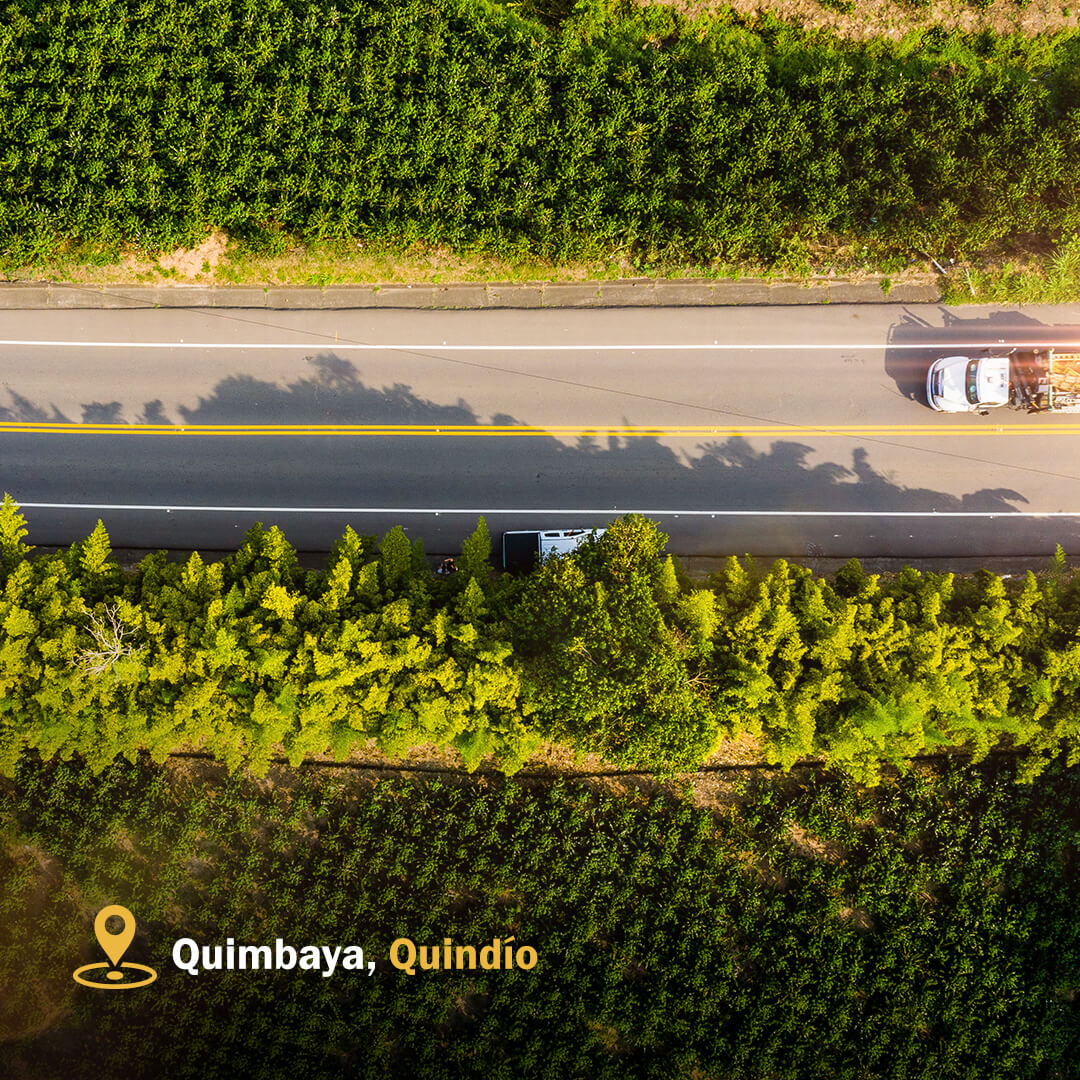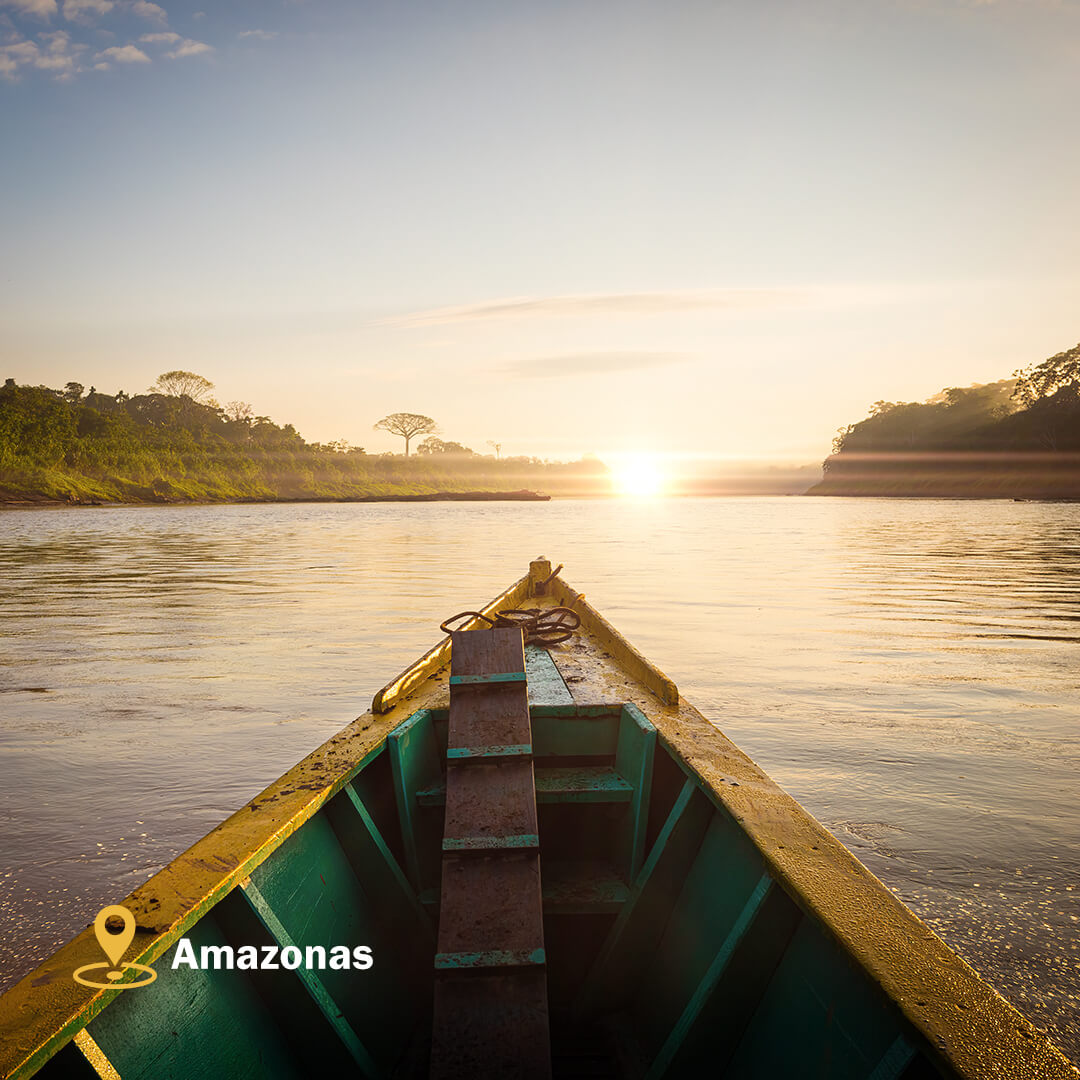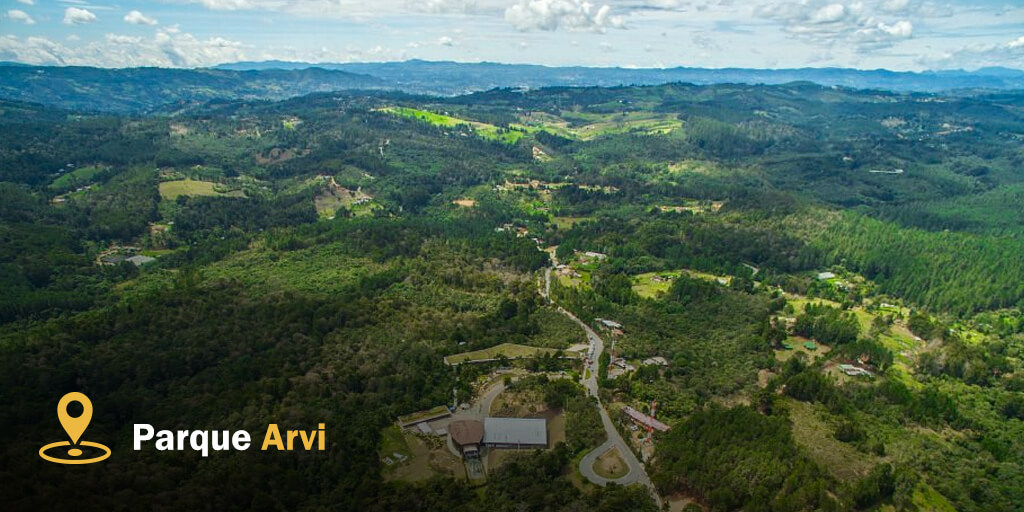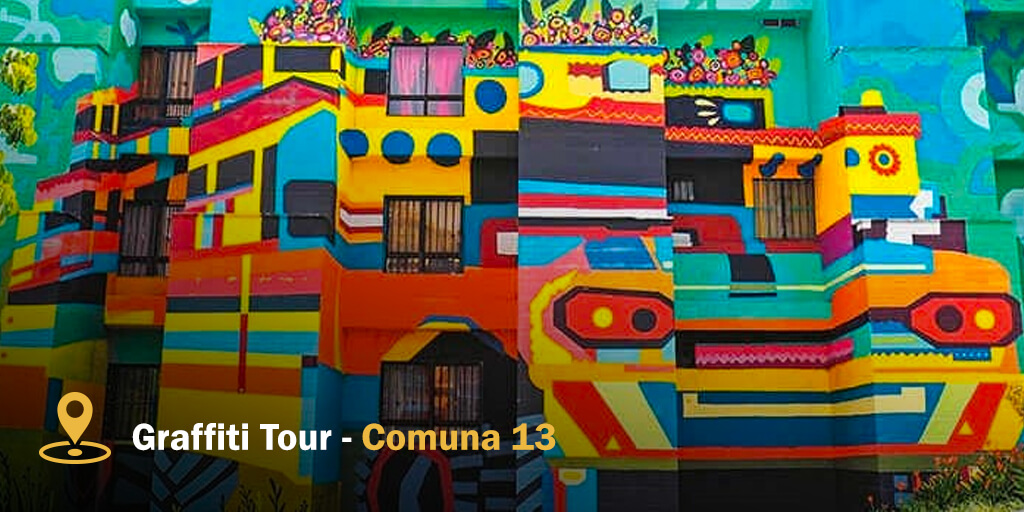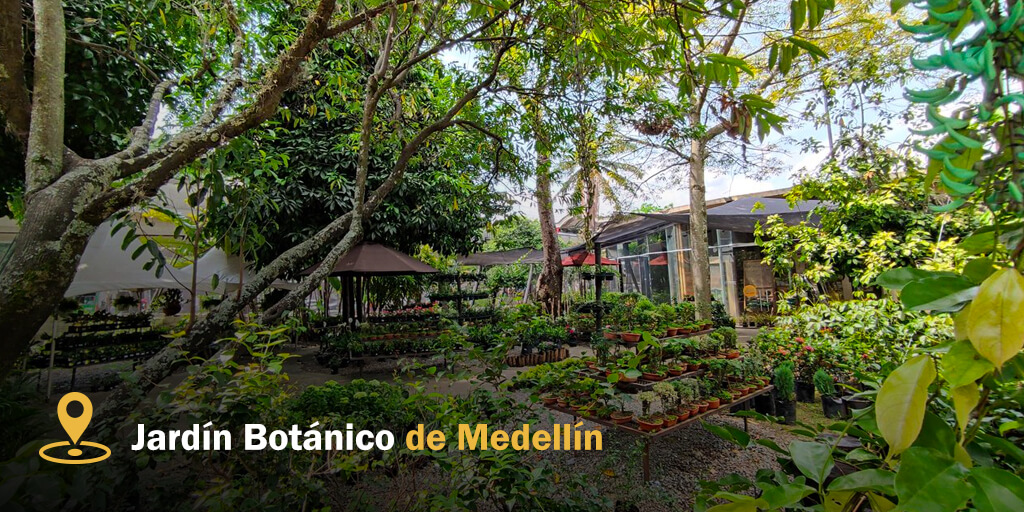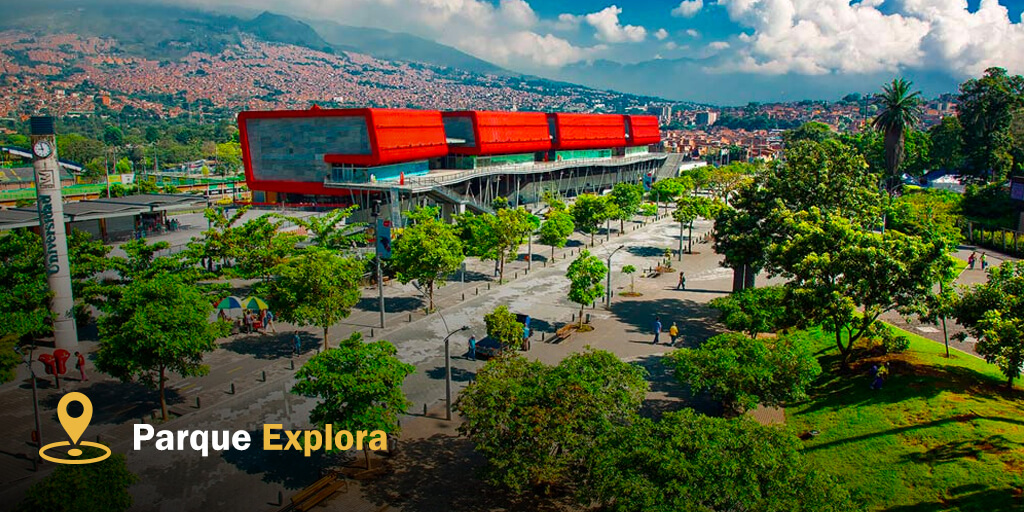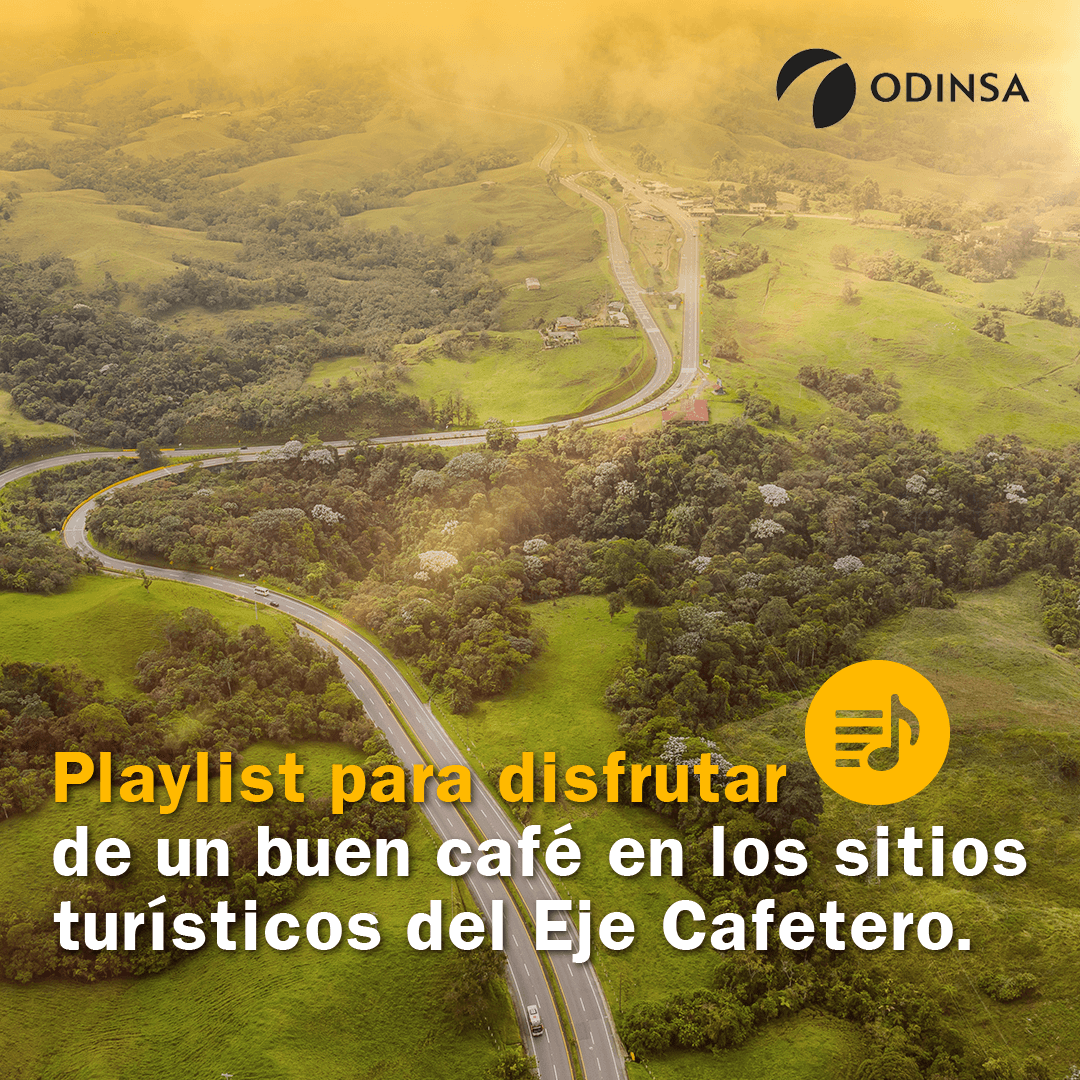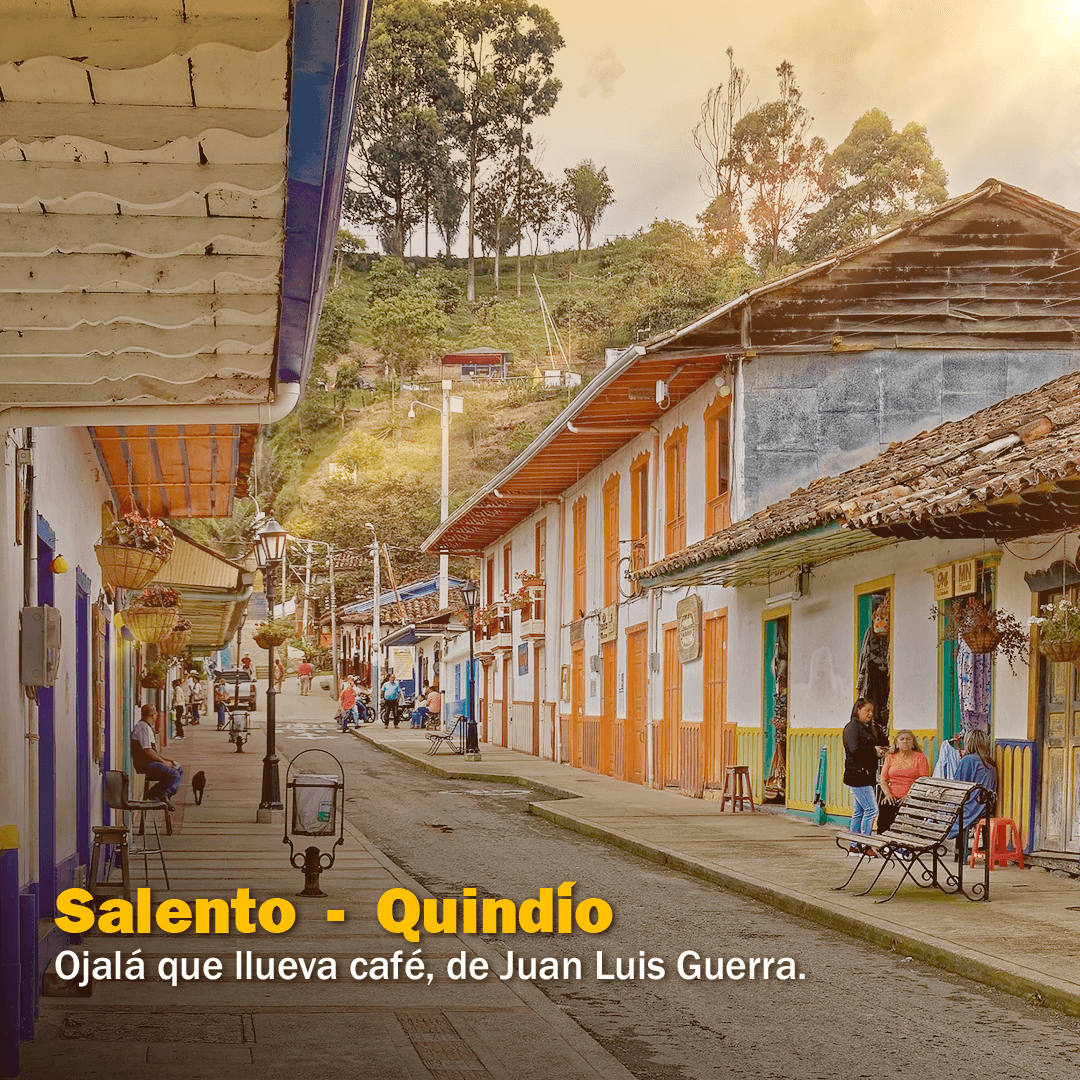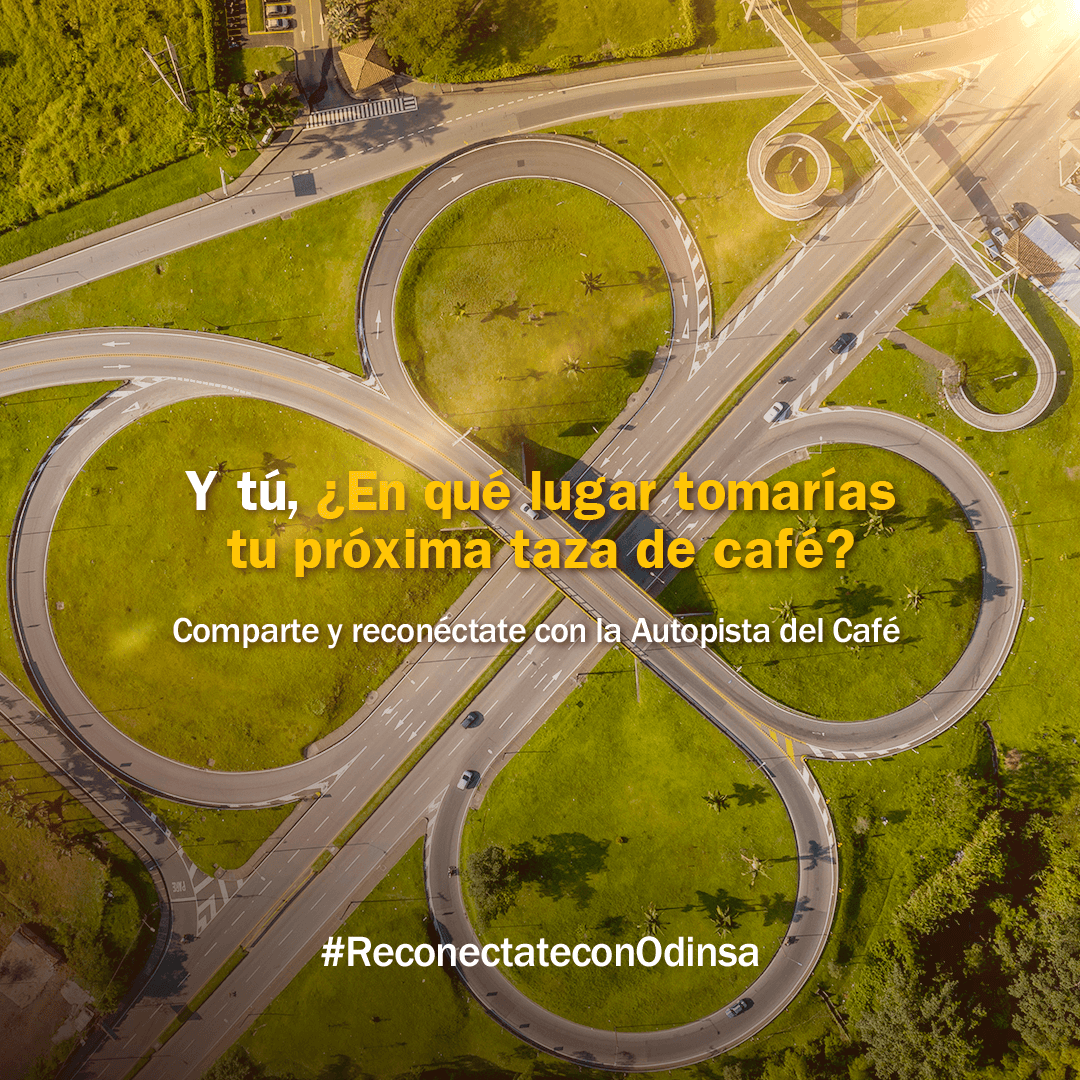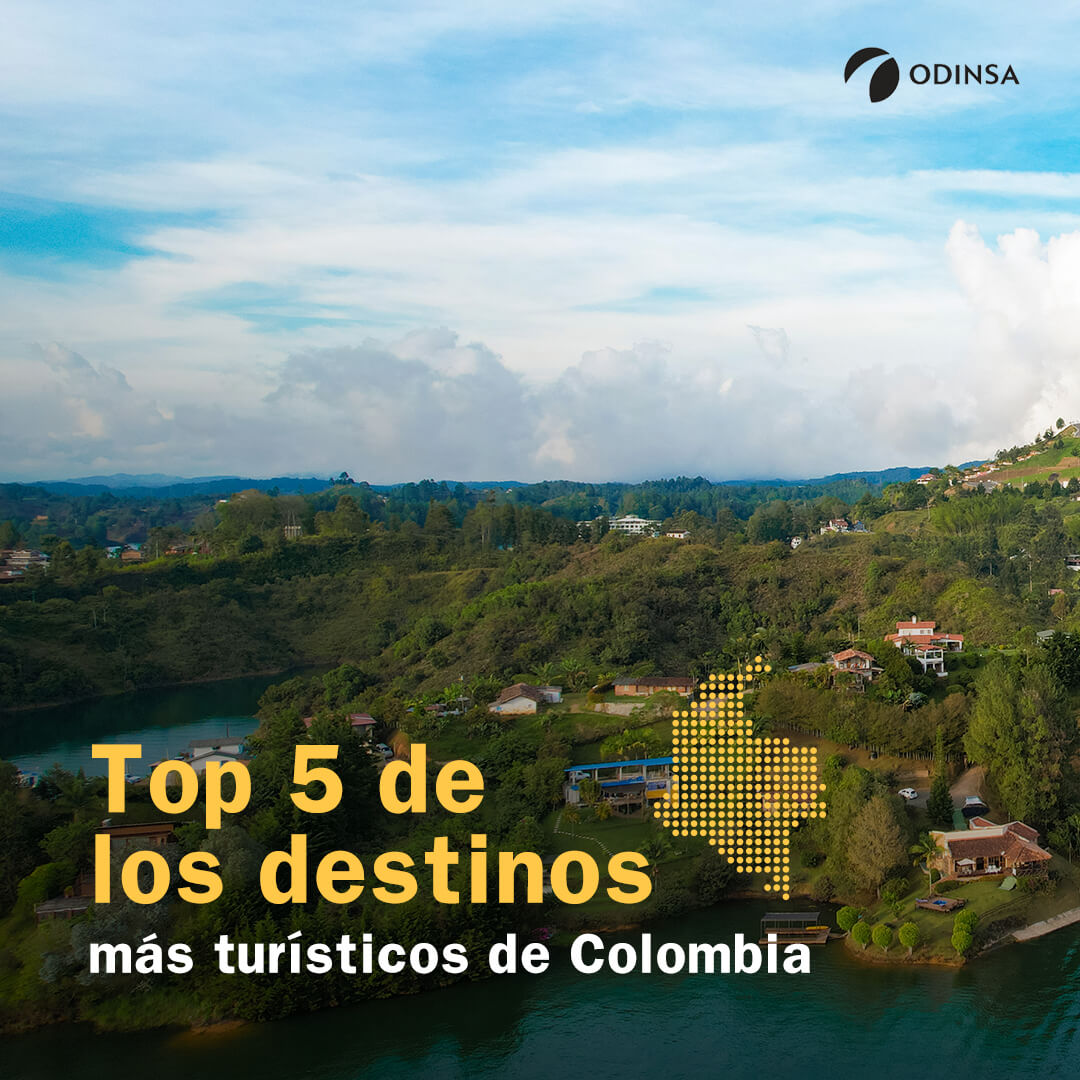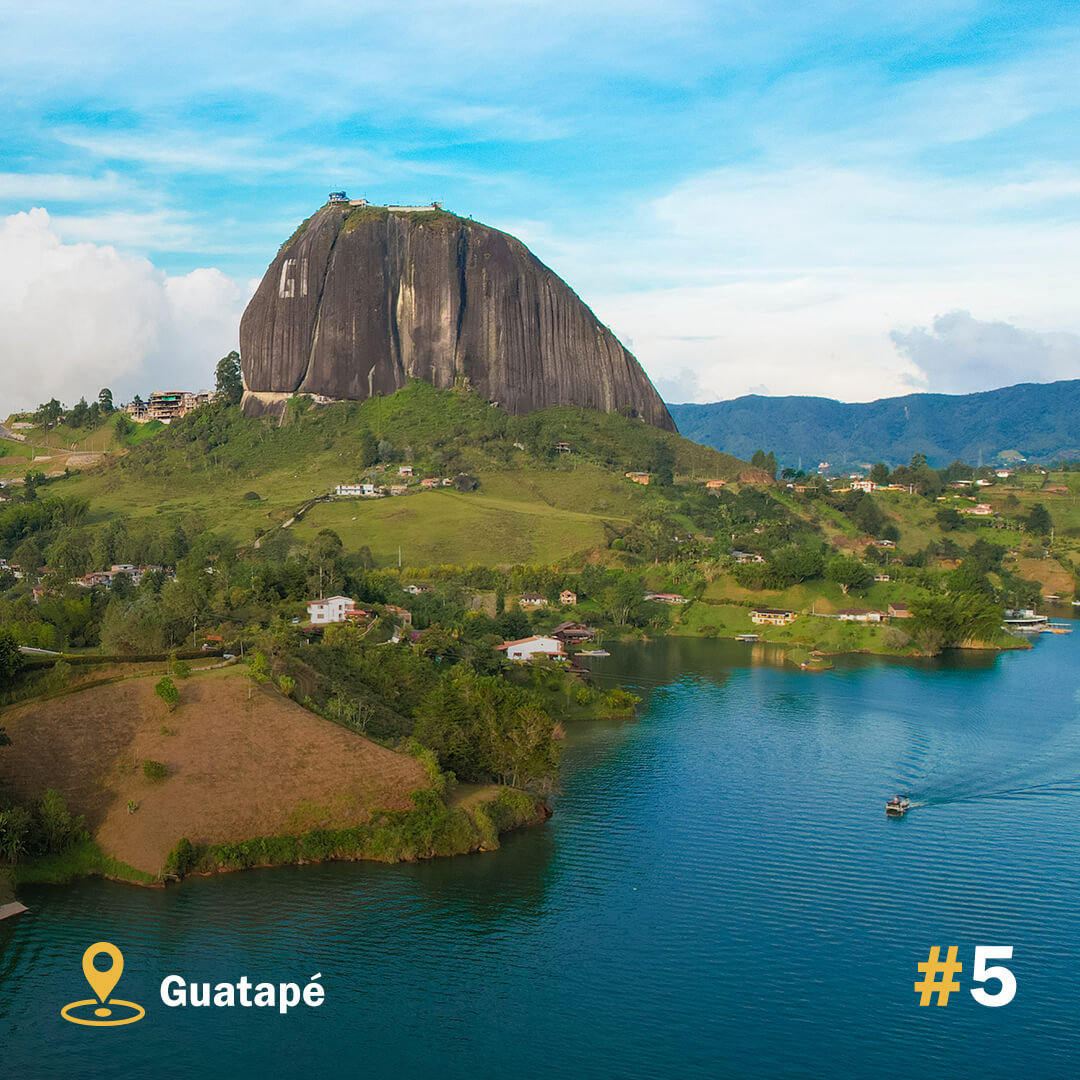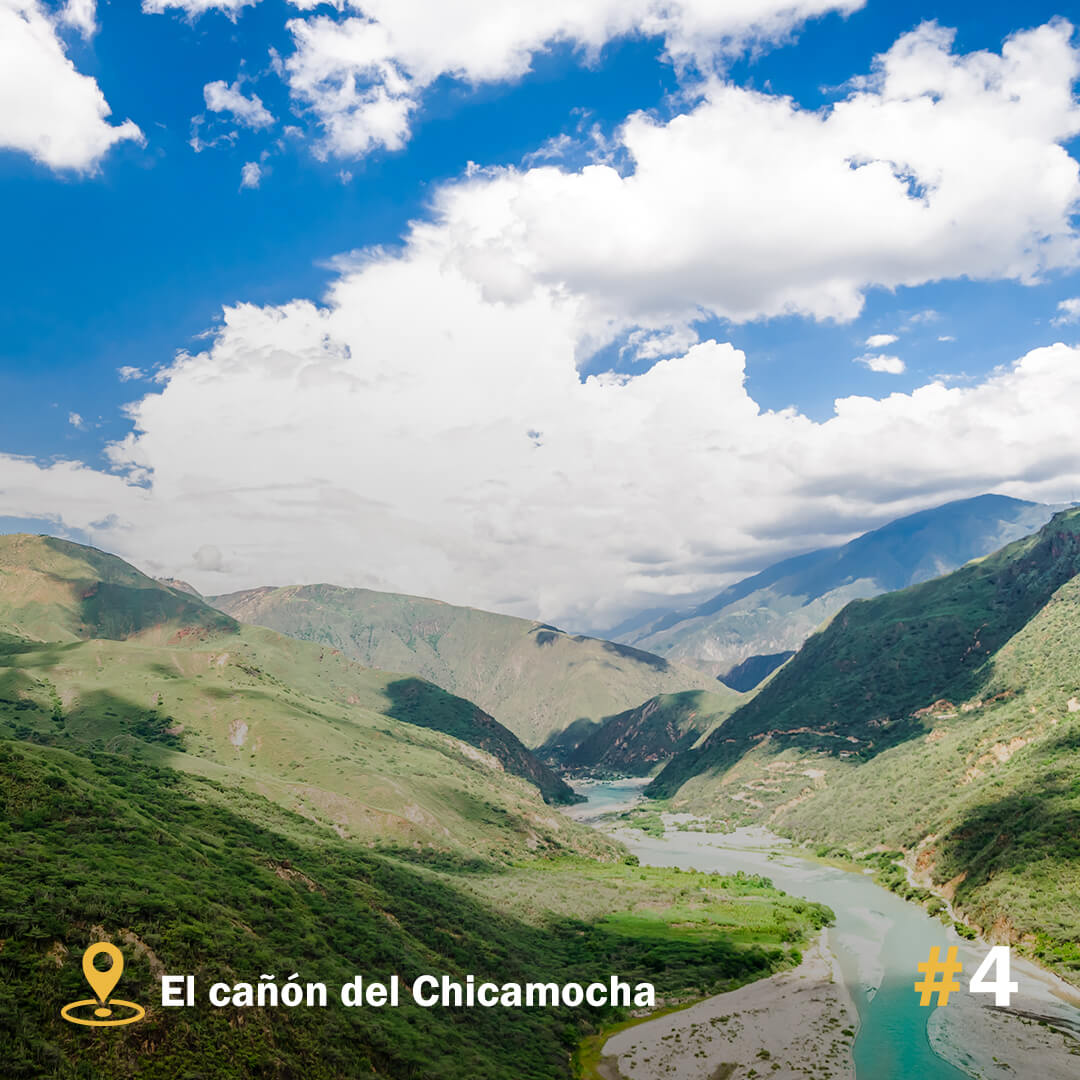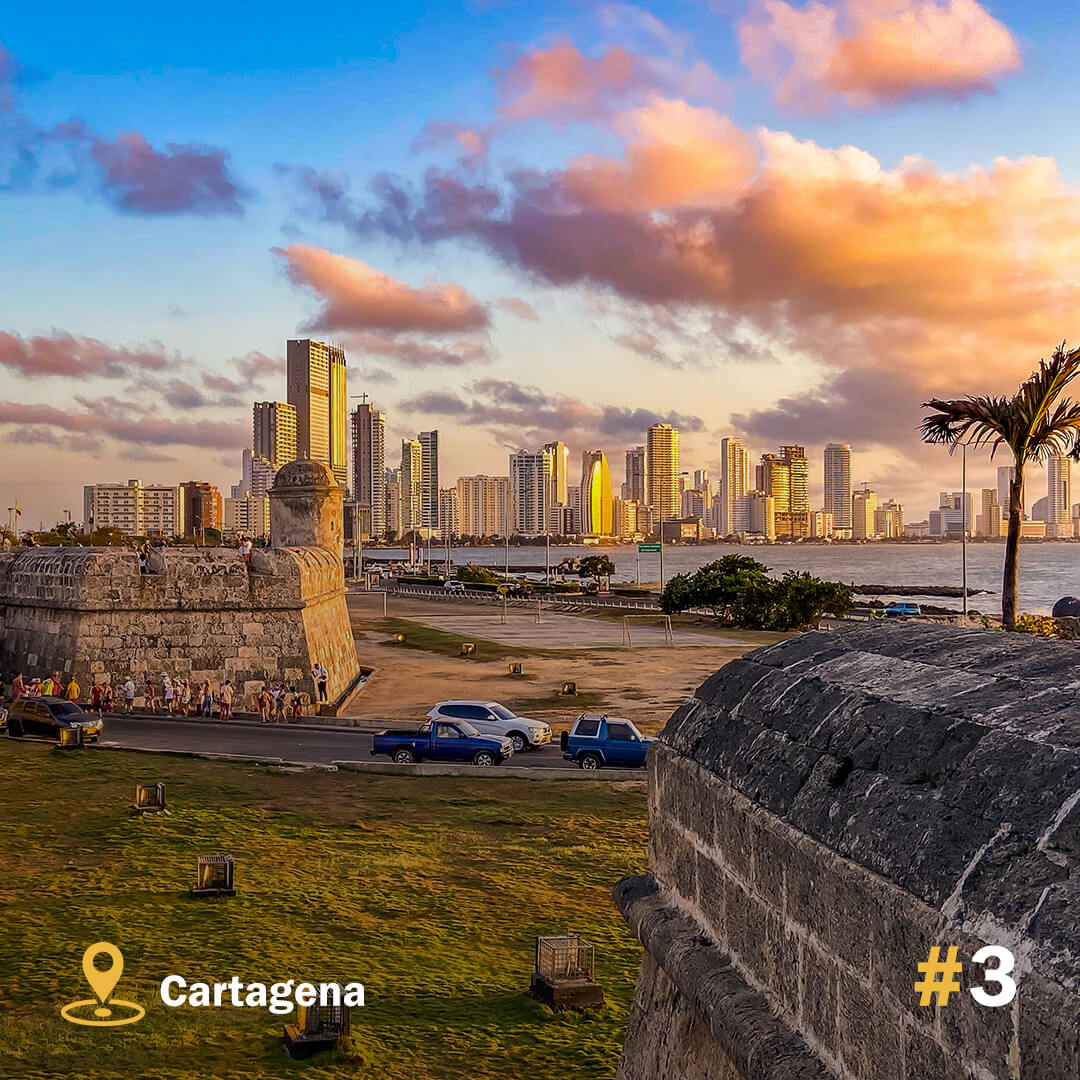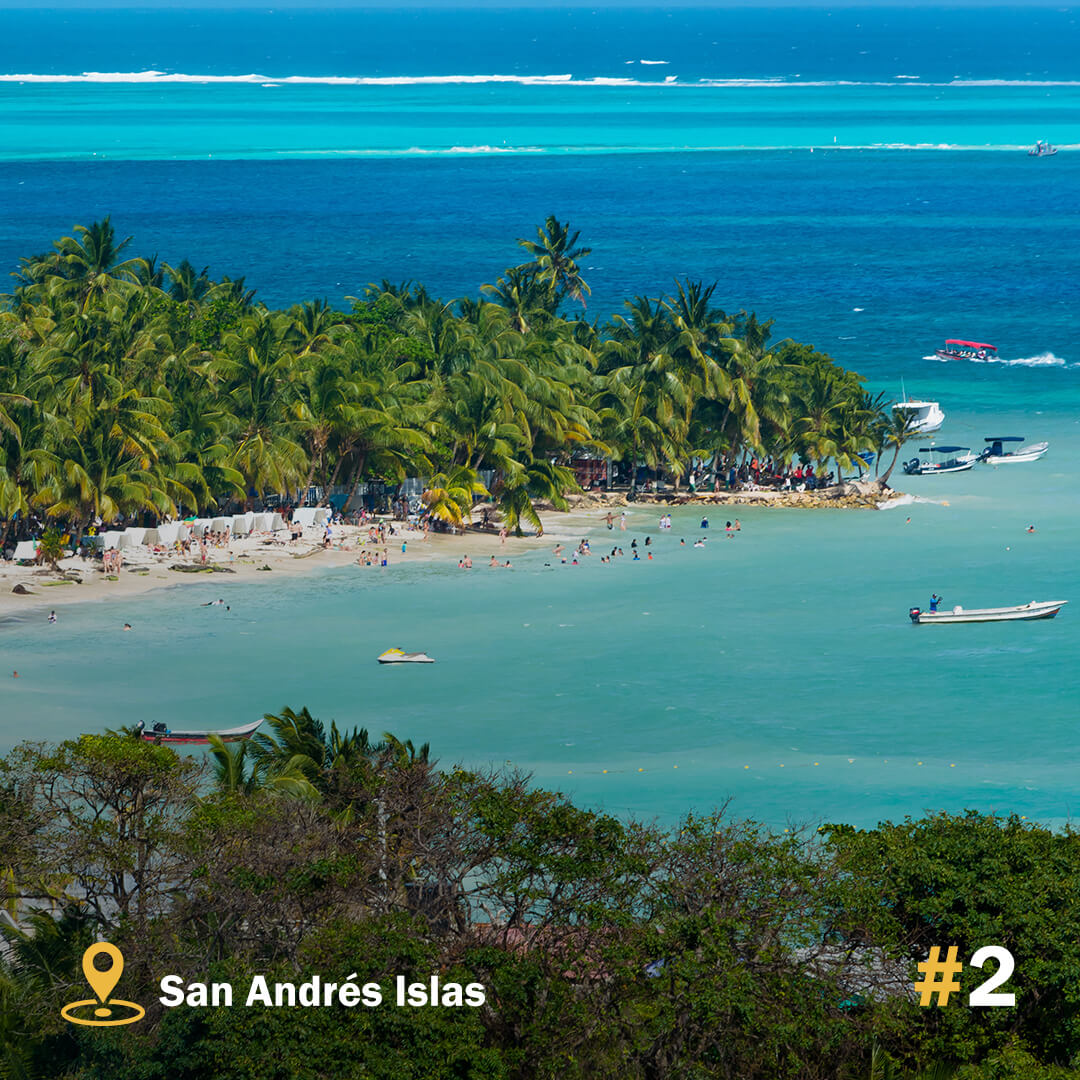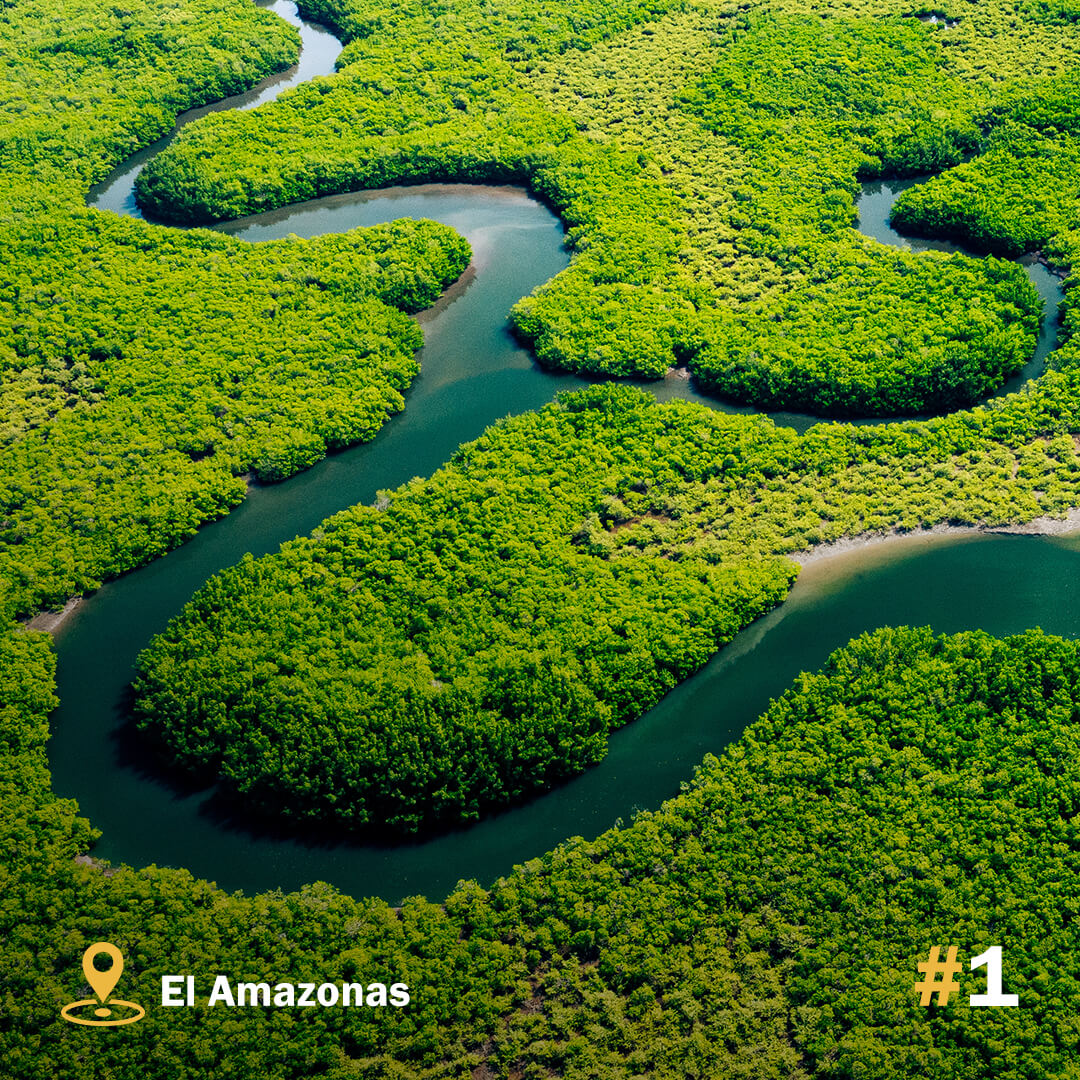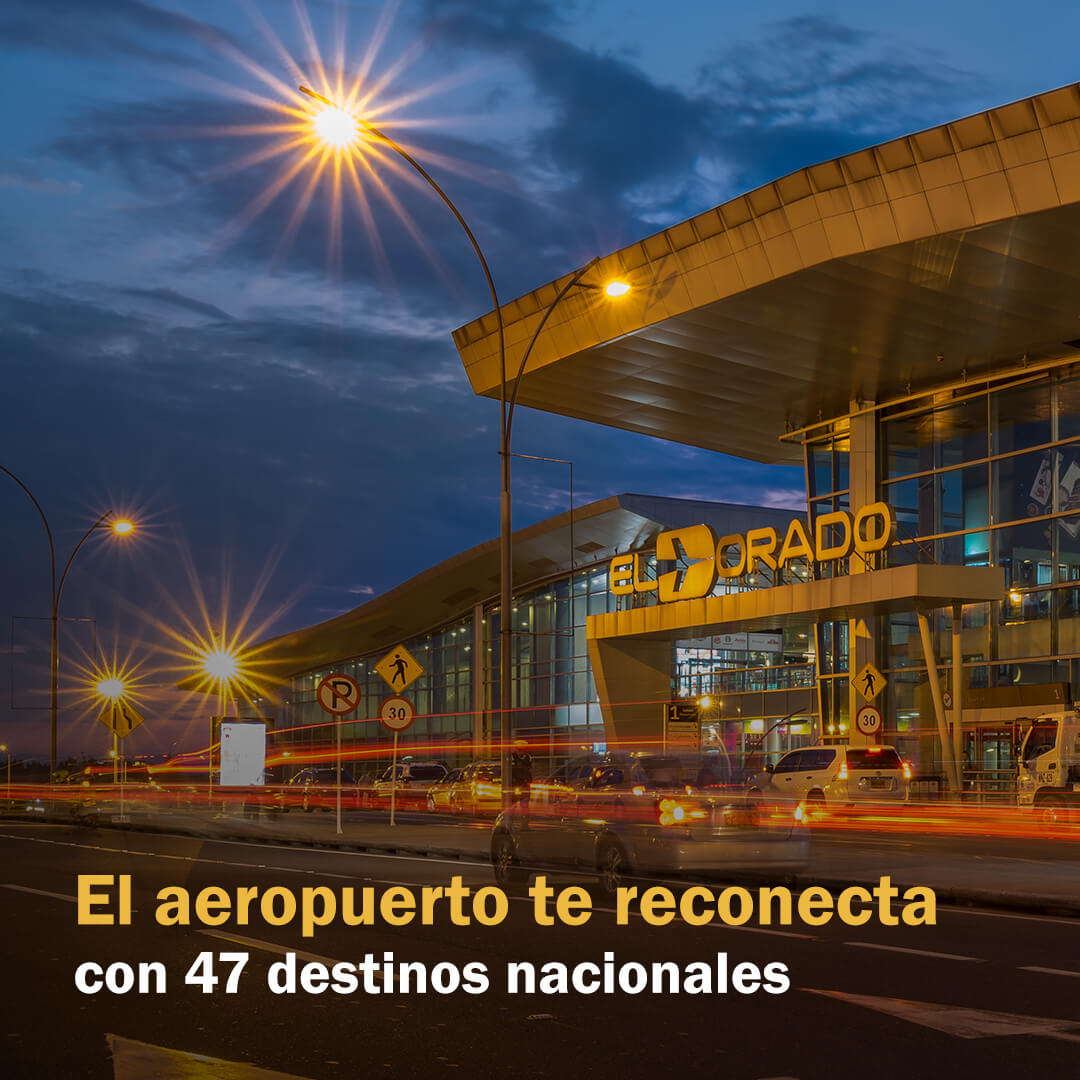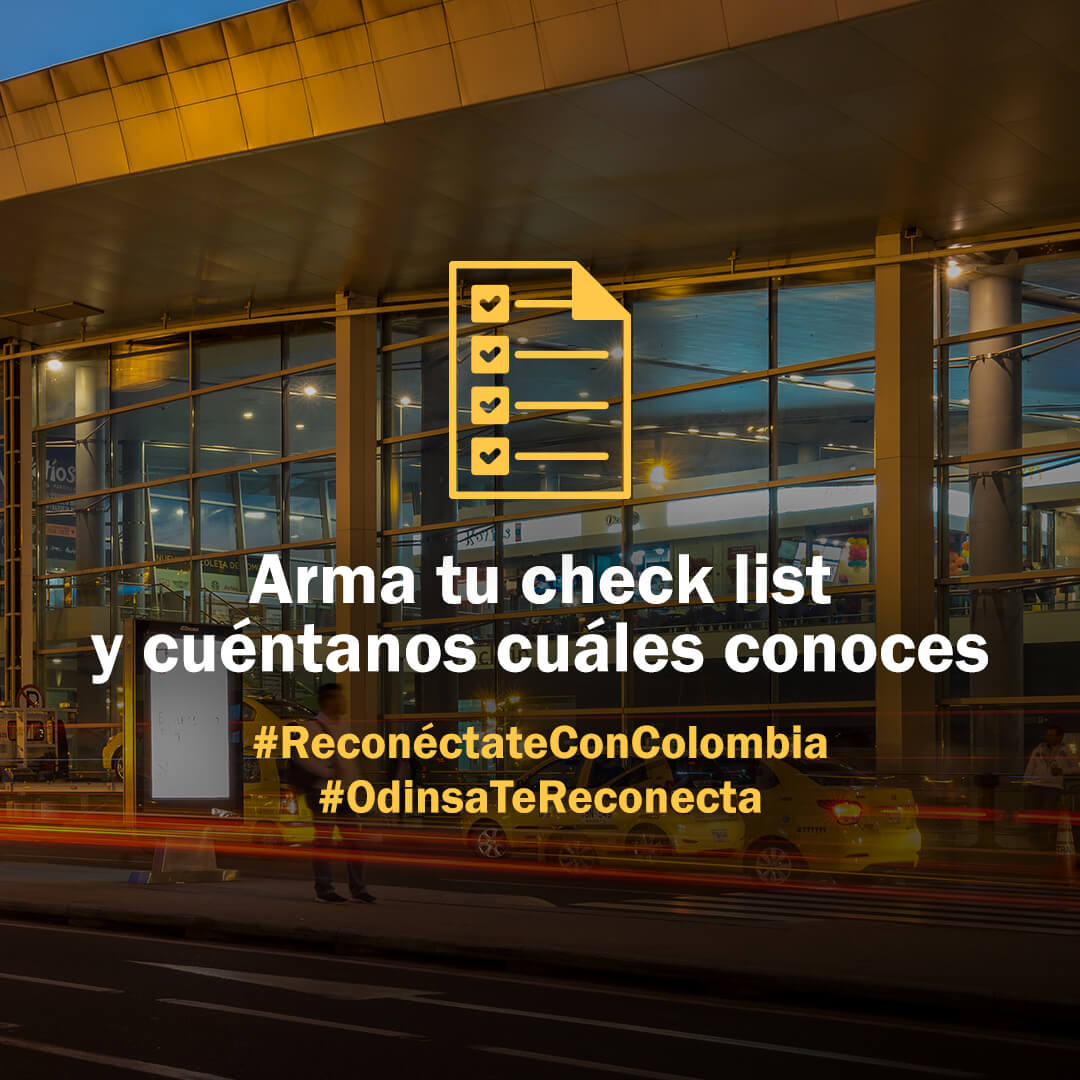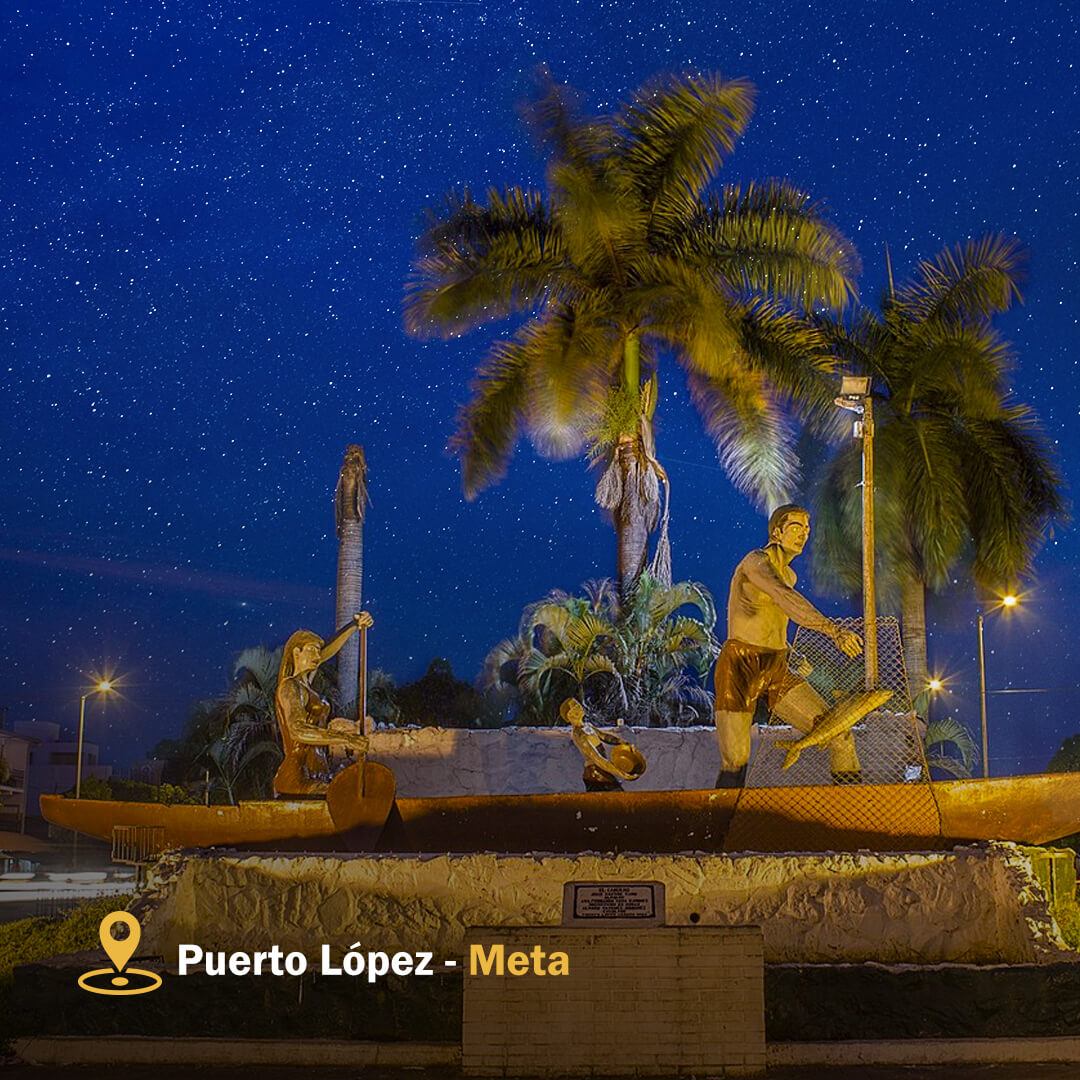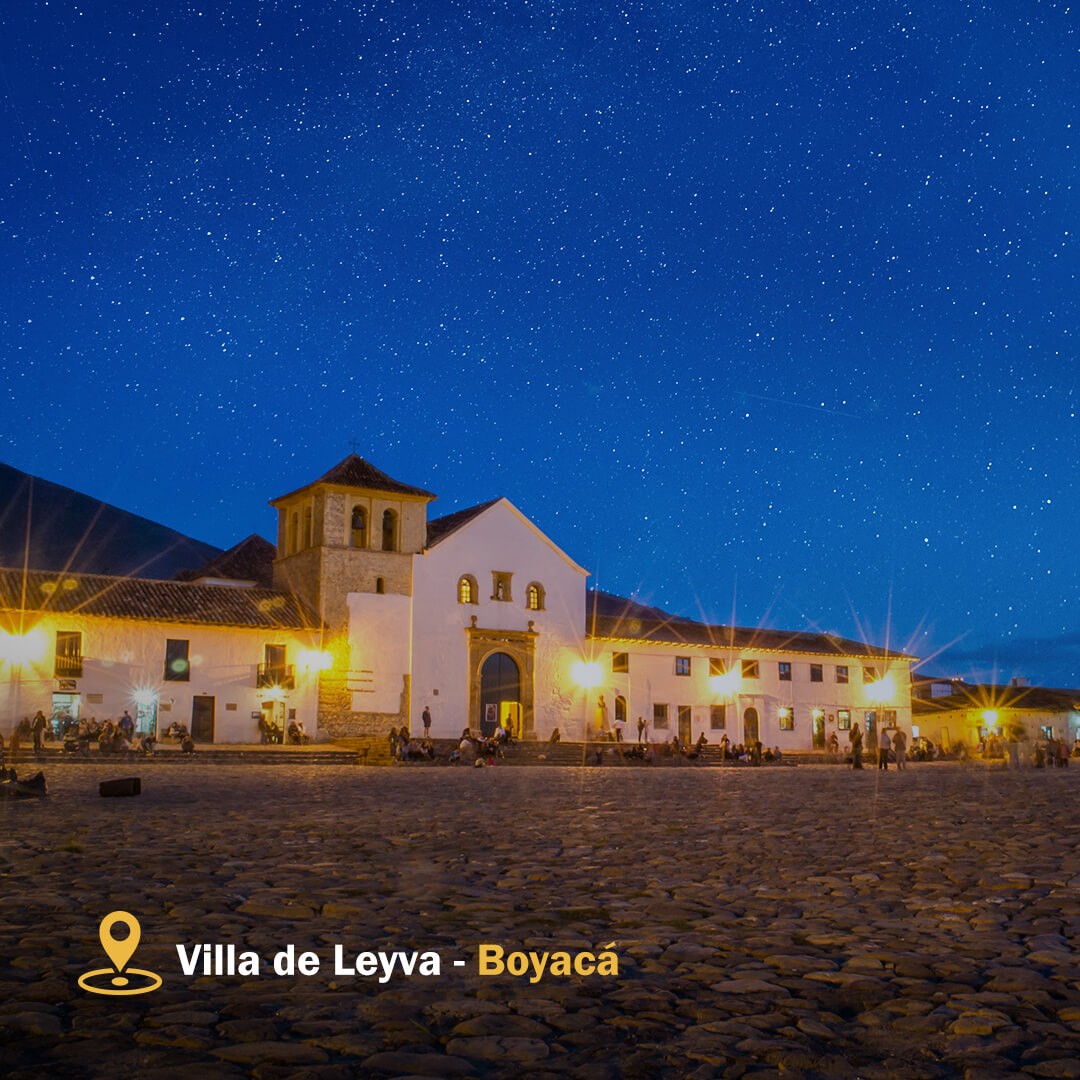- Odinsa, Grupo Argos’ concessions company, reported a strong performance in 2024 during its Shareholders’ Meeting.
- The company closed the year with a portfolio of approximately COP 3 trillion in road and airport infrastructure platforms and highlighted the progress of four projects currently undergoing feasibility evaluation in Colombia.
- Nearly 52 million passengers traveled through El Dorado and Mariscal Sucre airports, and 39.5 million vehicles used its road concessions during 2024.
- With the Carbon Neutral certification of Pacífico 2 and the Aburrá Oriente Tunnel in Antioquia, and the re-certification of Mariscal Sucre Airport in Ecuador, Odinsa is advancing toward its goal of achieving carbon neutrality across 100% of its concessions by 2025.
Medellín, March 21, 2025. In 2024, Odinsa, the Grupo Argos concessions company, continued strengthening the country’s competitiveness and creating opportunities. The year was marked by the consolidation of its investment platforms in road and airport infrastructure, progress in project development, and the implementation of concrete actions within its sustainability strategy. These milestones were highlighted during the company’s Annual Shareholders’ Meeting, where it presented strong financial, environmental, social, user experience, and infrastructure results.
The company reported a net profit of COP 89.76 billion, a 61% increase compared to 2023. Its EBITDA reached COP 113.3 billion, up 24%, and consolidated revenues totaled COP 200.88 billion, a 6% increase over the previous year.
Odinsa also highlighted the solid performance of its road and airport infrastructure investment platforms, developed in partnership with Macquarie Asset Management one and two years ago, respectively. Together, these platforms manage a portfolio of nearly COP 3 trillion, positioning the company as a major investor and asset manager with strong growth potential across the Americas.
Through its airport concessions, 51.9 million passengers were mobilized in 2024, reflecting a 13% increase over 2023. El Dorado Airport handled 46.8 million passengers, maintaining its position as the busiest airport in Latin America and the region’s top air cargo hub. It was recognized by CIRIUM as Latin America’s most punctual airport and awarded by Skytrax as South America’s Best Airport for the sixth time and third consecutive year, in addition to being named the airport with the Best Staff. The company also highlighted the modernization of Terminal 2, including enhanced spaces and improved operations through the use of facial recognition, radars, thermal cameras, and solar panels.
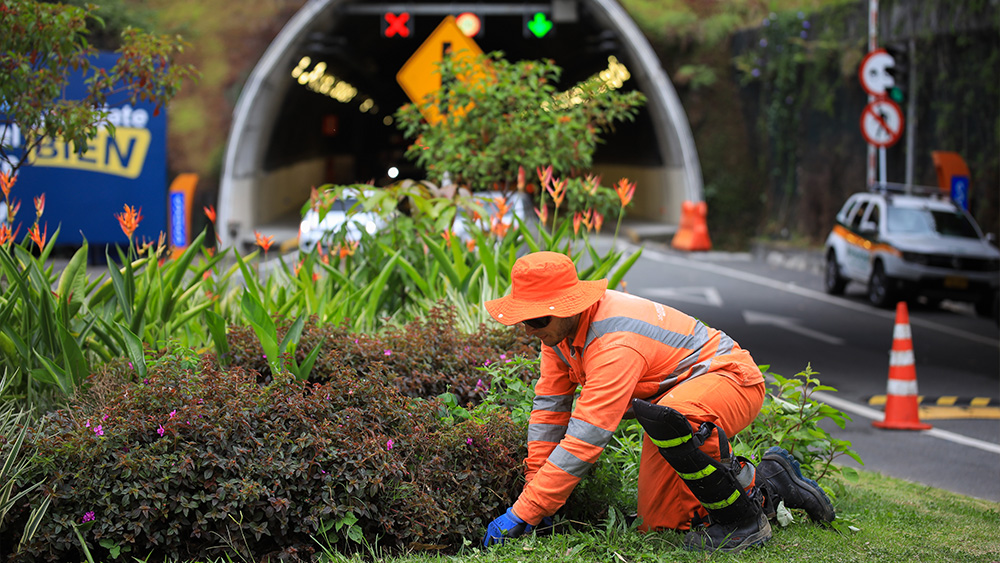
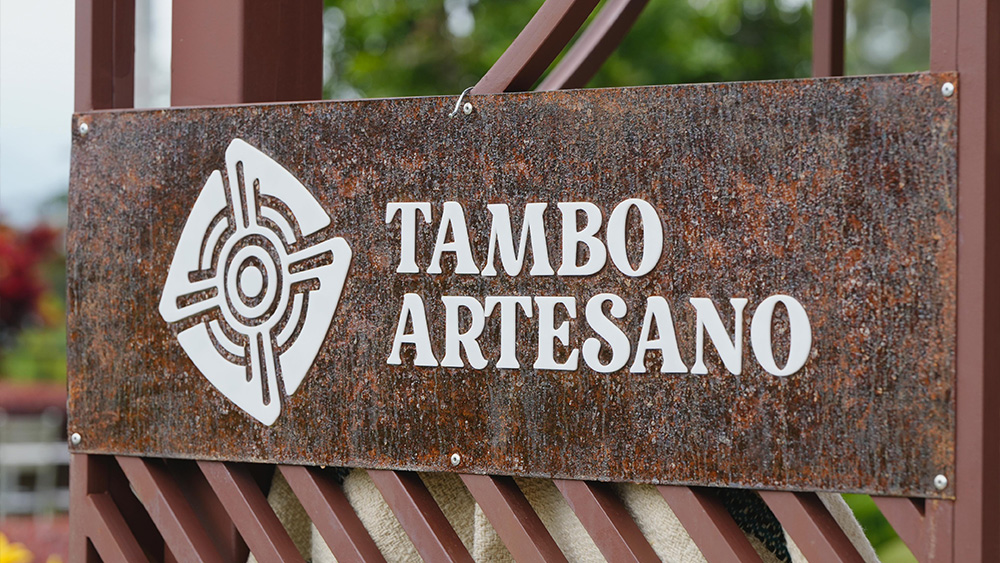
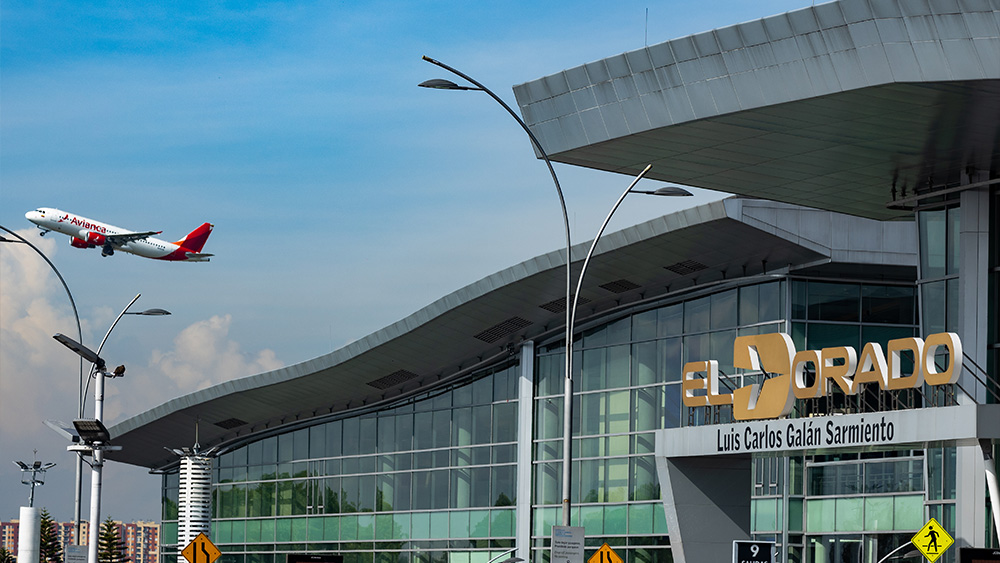
In Ecuador, Mariscal Sucre Airport served 5.3 million passengers, ranking fifth in air cargo volume in Latin America and the Caribbean, and was again named Best Regional Airport in South America by Skytrax. Expansion works resumed, with a total investment of USD 74.2 million, aimed at improving the passenger experience, increasing capacity, and creating 1,200 direct and indirect jobs.
Odinsa’s road concessions reported traffic of 39.5 million vehicles in 2024, up 3% from 2023. Notably, Odinsa and the Government of Antioquia announced the start of construction on the second stage of the Aburrá Oriente Tunnel, a key route for connectivity in eastern Antioquia. In five years of operation, the corridor has handled over 42 million vehicles. More than COP 1.2 trillion will be invested in this second phase, which includes completing the tunnel system and constructing the open-air roads to enable full dual carriageway operation.
As part of this phase, construction also began on the José María Córdova Airport Interchange, a critical mobility project now 80% complete. Developed under a strong public-private partnership, the interchange involves an investment of over COP 100 billion and was designed to ensure safety, efficiency, and fluid vehicle flow. The first milestone was reached on March 18 with the opening of the bridge that connects the tunnel to the airport.
In the Meta Road Network Project, two functional units were delivered and put into operation on time: the Granada–Guamal corridor (UF1) and the Puerto López–Puerto Gaitán corridor (UF7–8). Meanwhile, Autopistas del Café, in Colombia’s Coffee Region, achieved record interventions in road maintenance and signage, enhancing user safety and successfully implementing electronic toll systems, reaching a 30% adoption rate to improve user experience.
Conexión Pacífico 2 marked its first decade of construction and operations, supporting connectivity in southwest Antioquia through a focus on road safety, maintenance, and social and environmental responsibility. Highlights included community training programs, support for local enterprises, and a strategy for the recovery and conservation of tropical dry forests.
In terms of future growth, Odinsa reported firm progress in four private initiative (PI) projects in Colombia that align with its purpose of enhancing connectivity. These include:
- El Dorado Max (airport infrastructure expansion, under review by the National Infrastructure Agency – ANI)
- Nuevo Aeropuerto de Cartagena
- Conexión Centro (Coffee Region)
- Perimetral de la Sabana (under evaluation by the Cundinamarca Infrastructure and Concessions Institute – ICCU)
“At Odinsa, we believe in the positive impact of infrastructure and the value of continued investment in Colombia’s development. That is why we remain committed to promoting projects that drive connectivity, regional development, and sustainability,” said Mauricio Ossa, CEO of Odinsa.
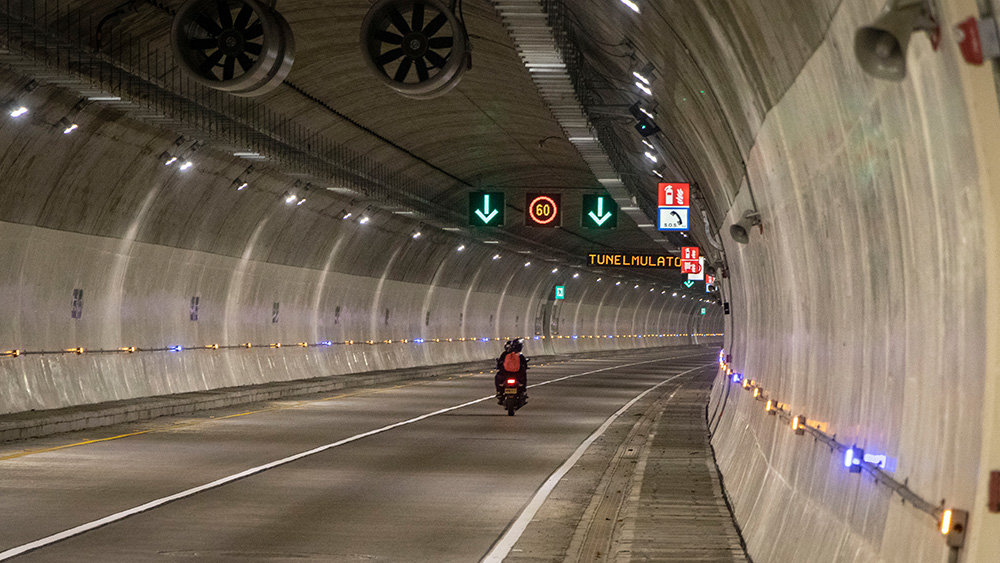
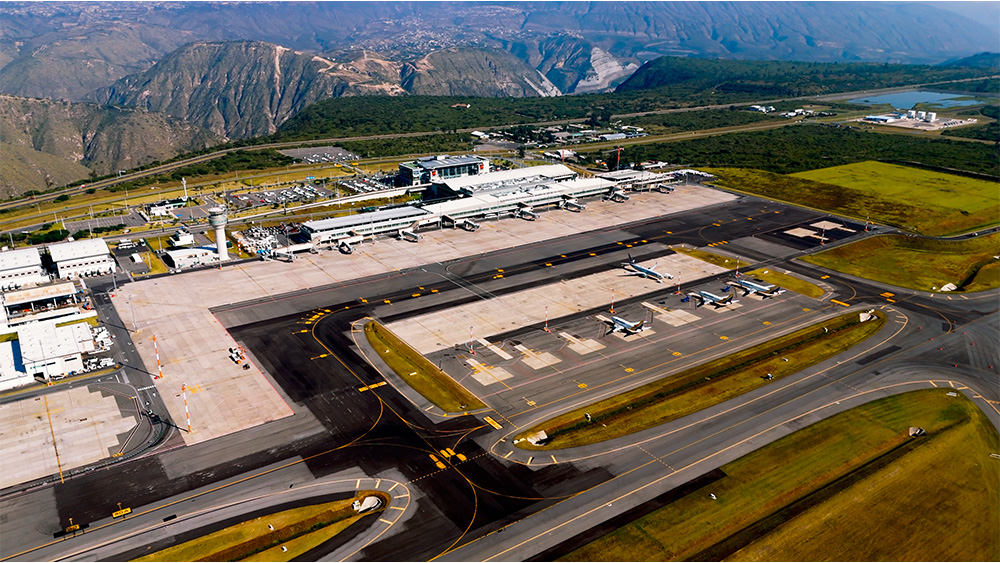

Odinsa also reached major milestones in its sustainability strategy, Nuestro Viaje Común (Our Common Journey). The company continues to advance toward its goal of achieving carbon neutrality across all its concessions by 2025, with certifications granted to Pacífico 2 and Aburrá Oriente Tunnel, joining Mariscal Sucre Airport, which has been carbon neutral since 2019. In 2024, Odinsa achieved a 72% reduction in CO₂ emissions, and as a result of its inclusion in the Dow Jones Sustainability Index, it was ranked the seventh most sustainable company in its sector worldwide.
Aligned with its commitment to creating shared value, Odinsa promoted social development initiatives such as:
- Scholarships for higher education
- Delivery of over 1,000 water filters to families near its road and airport concessions, in partnership with Fundación Grupo Argos
- Programs to strengthen local suppliers
- Tourism promotion in the project regions
“Our results are the outcome of inclusive collaboration with our stakeholders and reflect our sustainability strategy. In 2025, we will continue pursuing sustainable growth and delivering new projects that contribute to the country’s development,” added Ossa.
In 2025, Odinsa will continue consolidating and expanding its portfolio, identifying new high-impact infrastructure opportunities and driving the structuring of private initiatives aligned with its long-term vision, in partnership with Macquarie Asset Management and its majority shareholder, Grupo Argos.
Finally, the company announced progress in the structuring of a new vertical business line focused on the water sector. This initiative seeks to capitalize on opportunities in desalination and water treatment, initially in key markets such as Peru, Mexico, Chile, and Colombia. In line with its B2B model, and its focus on strengthening relationships with private companies and governments, the initiative aims to contribute to water sustainability in key industries for regional development.
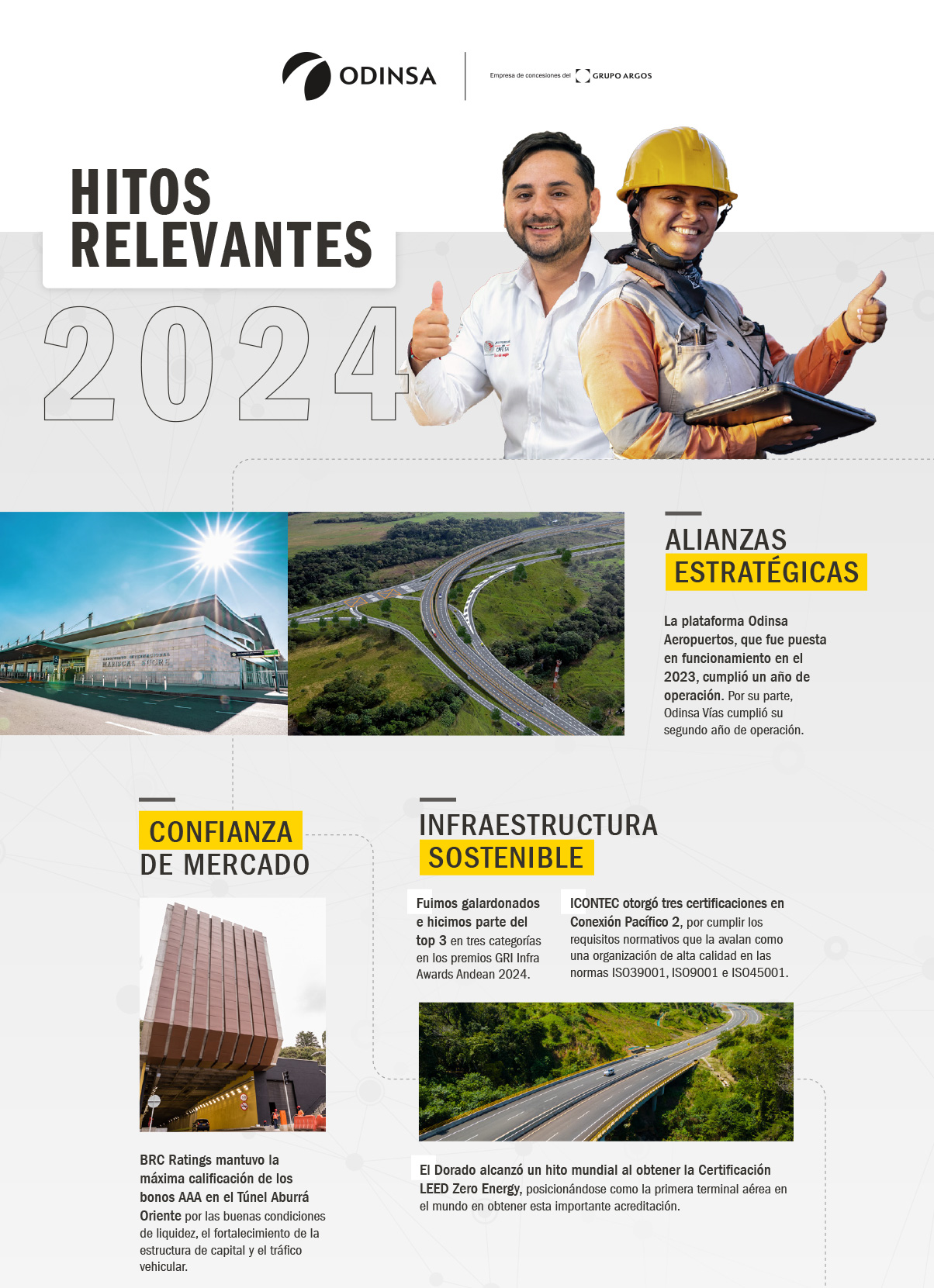
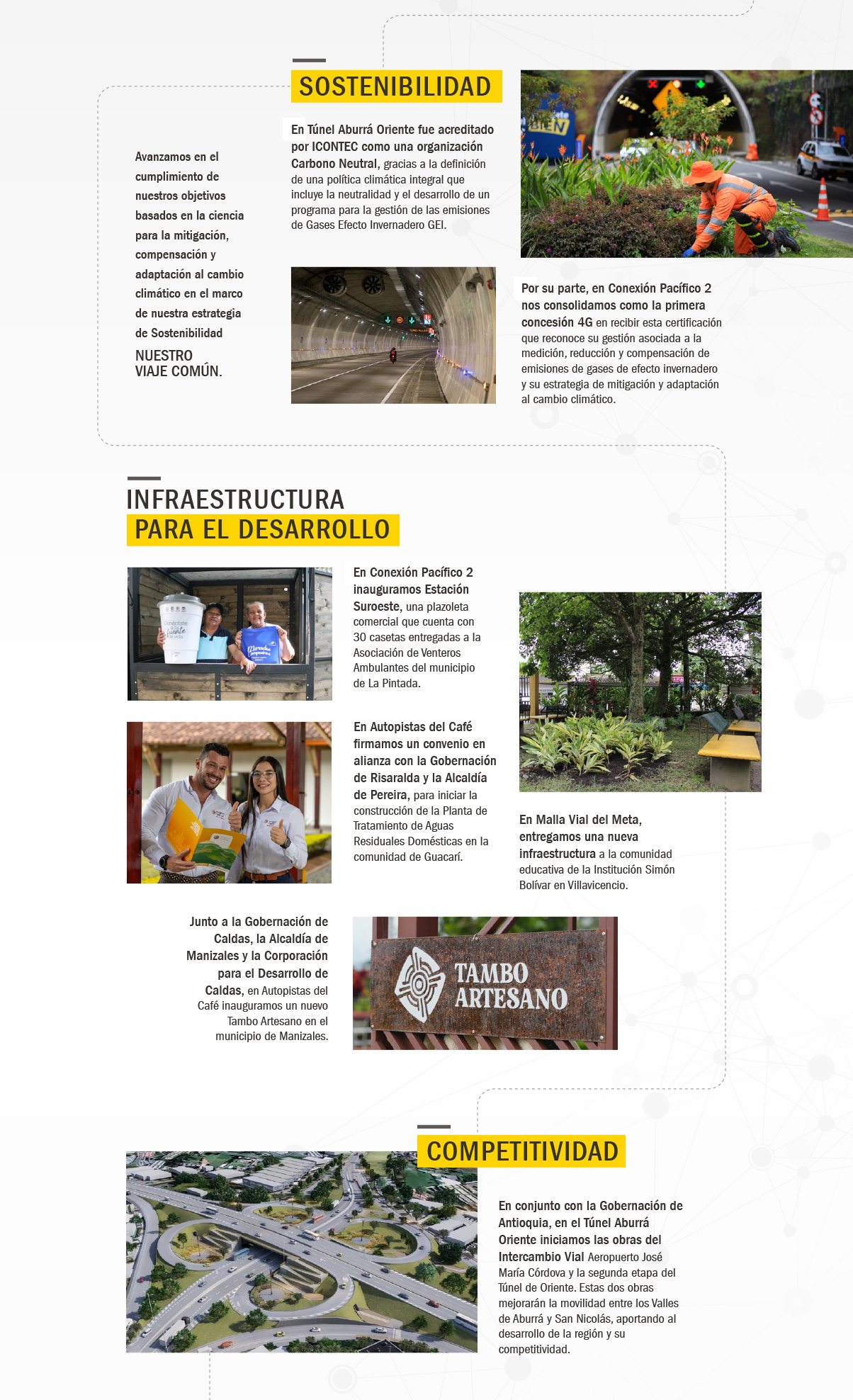
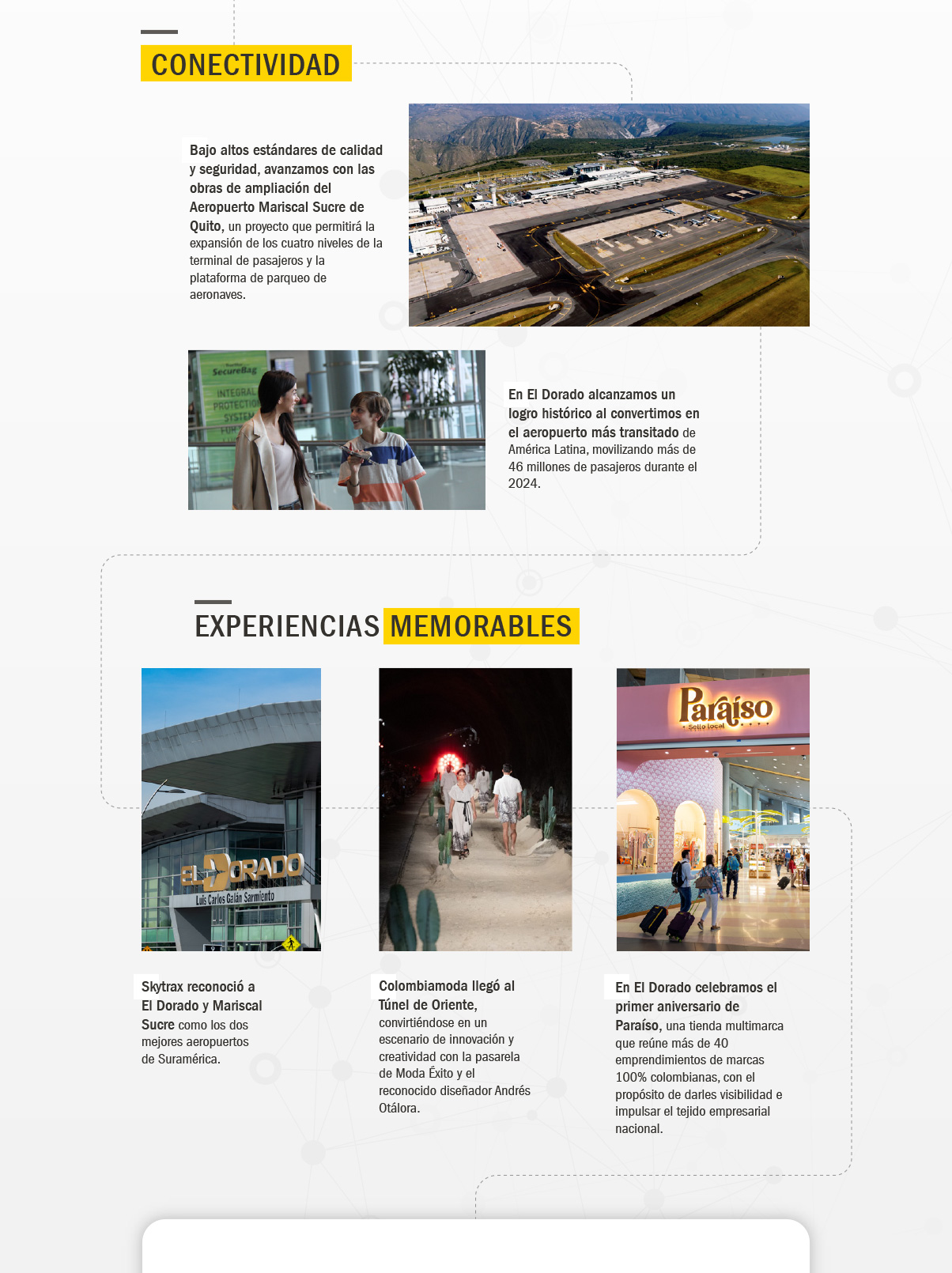
For additional information:
Viviana Arroyave, Communications Manager / varroyave@odinsa.com / +57 317 646 9218
Eliana Villada, Communications Lead / evillada@odinsa.com / +57 301 250 5559
Visit www.odinsa.com and follow us on social media: @SomosOdinsa on X (formerly Twitter) | Odinsa on LinkedIn




